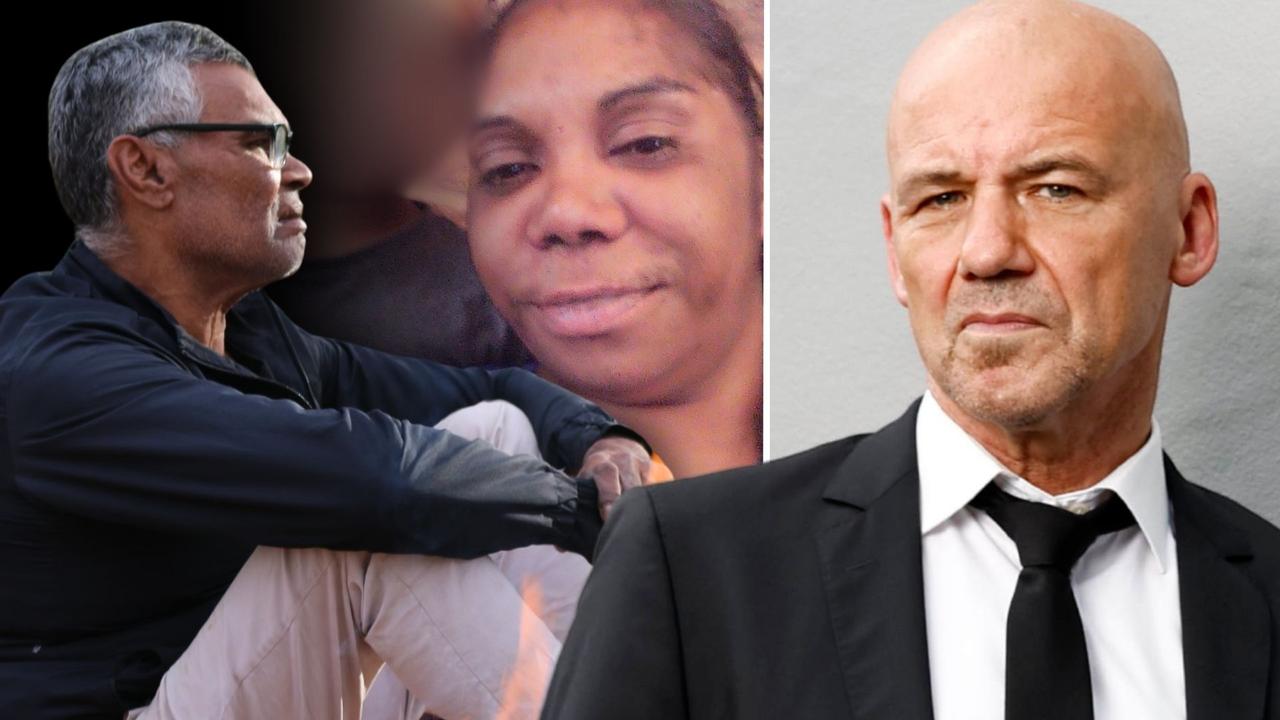Dying Rose | Phone reveals boyfriend’s abuse before NSW teen Charli Powell’s death
A 17-year-old girl was followed to school, harassed and saved in her boyfriend’s phone as “slut” before her death in a men’s toilet block, a court was told.
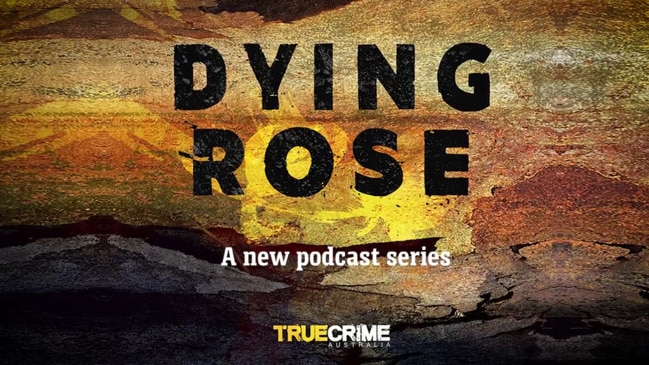
Dying Rose
Don't miss out on the headlines from Dying Rose. Followed categories will be added to My News.
The abusive boyfriend of a 17-year-old girl threatened to stab her if she was unfaithful, followed her to school and had her saved as “slut” in his phone before she was found dead in a men’s toilet block near Canberra.
But the NSW Police officer who arrived at the scene sent him home for “a cup of tea” – despite knowing there was a warrant out for his arrest.
Her boyfriend, Logan (a pseudonym) discovered the body of his girlfriend, Charli Powell, at Freebody Oval in Queanbeyan in February 2019.
He had been physically violent toward Charli over the course of their relationship, the NSW Deputy Coroner later found.
Aboriginal and Torres Strait Islander readers are advised that this story contains images and voices of people who have died.
DYING ROSE PODCAST
Listen to the podcast here, or find Dying Rose on the Apple Podcast app.
Her death was ultimately ruled to be “intentionally self-inflicted, in the context of domestic violence”, with the coroner placing significant weight upon forensic evidence given at the inquest that her injuries were consistent with suicide.
The case is being examined by The Advertiser as part of Dying Rose, a podcast investigation into the deaths of six Aboriginal women.
Charli’s best friend, Kaitlin Sanderson, said she had witnessed Logan being violent toward her friend on numerous occasions.
“He followed her to school. I remember she jumped the back fence and she was covered in blood, her trackies were ripped,” she said.
“Her whole face was bleeding … two hours later, he was apologising to her. From there on it was just a constant thing.”

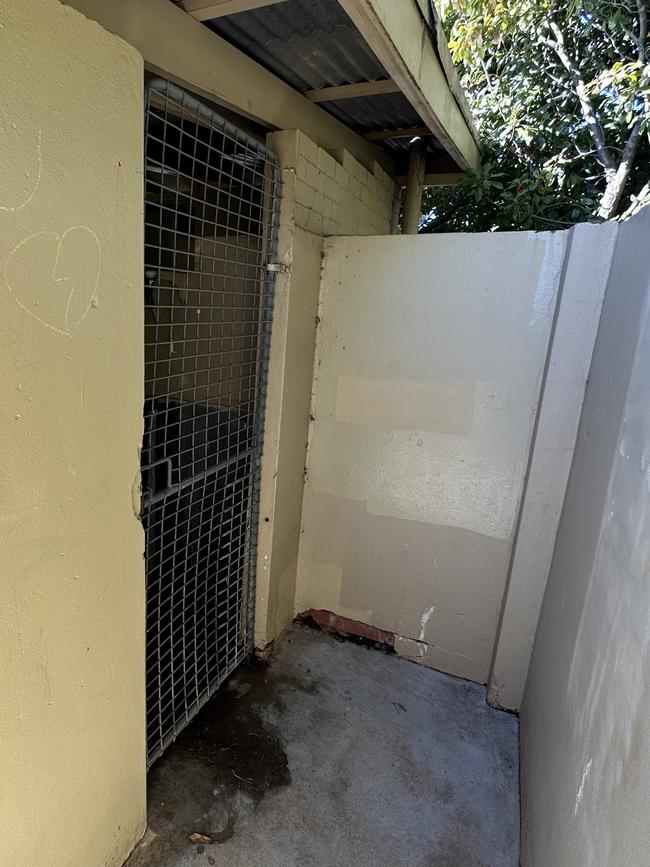
Charli’s mother, Sharon Moore, tried to intervene and end her relationship with Logan – but said her daughter had become trapped in a cycle of violence.
“I saw a bruise on her cheek one day and I said, ‘That’s it, Charli, I’ve had enough – no more’,” she said.
“She got down on her hands and knees and she begged me, she said ‘Please mum, please don’t go out there. Please let me handle it’.”
Sharon said, on the weekend she died, her daughter was staying at Logan’s mother’s house and had planned to leave the relationship.
“Charli called me on Saturday and she asked me to go pick her up … I borrowed my mum’s car and I told her, ‘I’ll be there in two heartbeats’. She didn’t sound okay, but she said not to come, that everything was okay now,” she said.
“That was the last phone call I ever got.”
Death ‘not taken seriously enough’
Logan told the inquest he discovered Charli’s body inside the entrance to the male public bathrooms at about 4am on February 11, 2019.
At the time of her death, Logan was on bail over an alleged assault on Charli and a warrant had been issued for his arrest over a different matter.
But instead of arresting him at the scene and taking him for questioning, a NSW Police officer who knew of the warrant told him to “go home, have a cup of tea, coffee, get physically sorted out and then come back to the police station”.
Police interviewed Logan more than eight months later, but only because he had been arrested on other charges.
Sharon believes the system failed her daughter and that reports of Logan’s violence were not taken seriously enough by police.
“He used to threaten her … but you tell the police that and it just gets dismissed,” Sharon said.
“She was a kid. She was 17. Why did they not help? Was it because she’s black? I don’t know.”
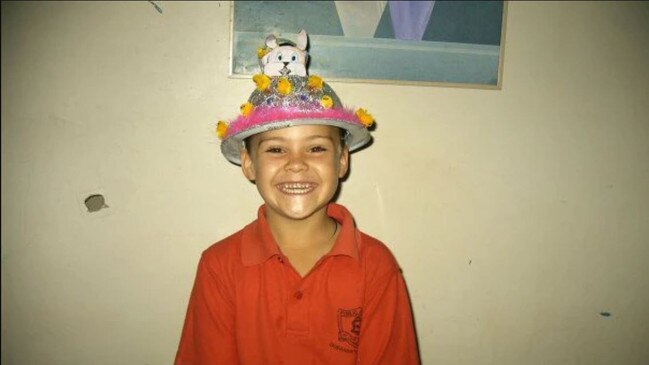
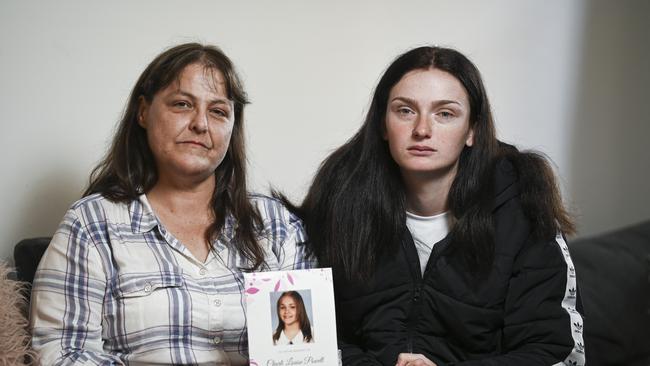
When the inquest into Charli’s death began in 2022, Logan was serving a 10-year jail term after pleading guilty to 76 charges related to an 18-month crime spree across Canberra – including aggravated burglary, theft and assaulting a police officer.
During the inquest, Deputy Coroner Harriet Grahame said Logan had become “infuriated by proceedings” and lashed out at those asking questions.
Ms Grahame accepted inconsistencies in Logan’s evidence about how he found Charli hanging, acknowledging that his recount of events changed between his initial police interview and examination at inquest.
“There is no doubt that the picture I have of the evening remains incomplete,” she said.
She said she had no trouble accepting that Charli had been “subjected to (Logan’s) rage on numerous occasions”.
“Her death may well have been an impulsive act, but she had been subjected to significant verbal and physical abuse in the months before she took her own life,” Ms Grahame said.
“I have no doubt that impacted on the decision she made.”



